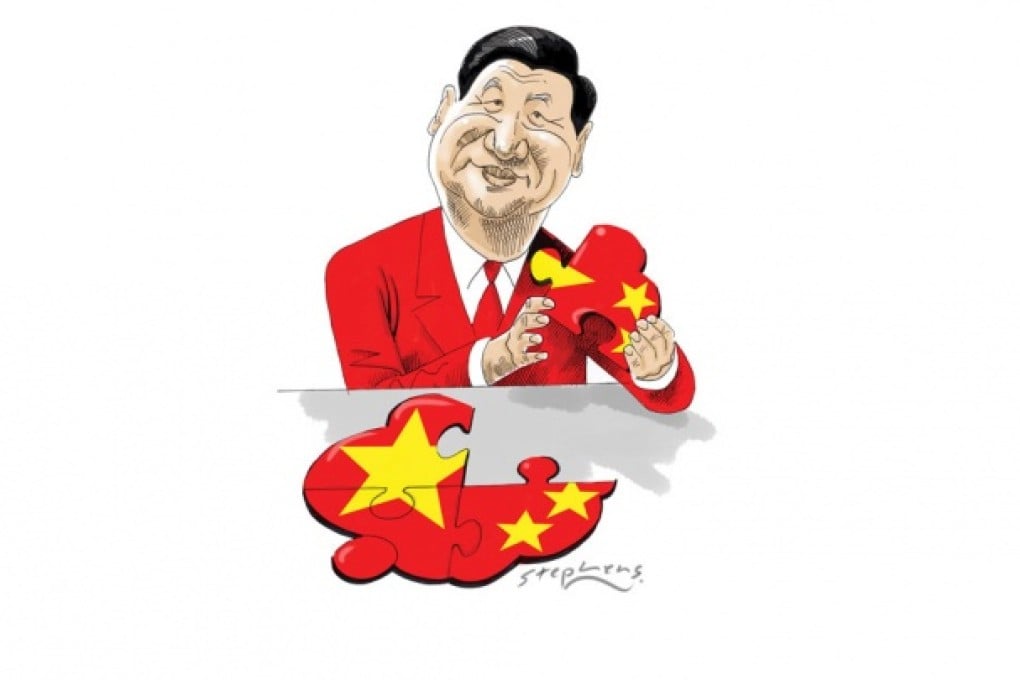Xi Jinping, a nationalist and a reformer
Robert Lawrence Kuhn says the fear that Xi will take China on an expansionist course may be overblown, when his words and deeds are understood in the context of Chinese politics

What to make of President Xi Jinping, who holds his first summit with President Barack Obama this week? The hope is that Xi is a reformer, who will guide China through domestic transformation and to responsible statecraft. The fear is that Xi is a nationalist, who has set China on an aggressive, expansionist course of bullying its neighbours and confronting the US.
The fear seems not unfounded. China has intensified its territorial claims, from island disputes with Japan to vast areas of the South China Sea. Xi frequently inspects People's Liberation Army forces, especially naval fleets, exhorting China's military to "get ready to fight and to win wars" and "to win regional warfare under IT- oriented conditions".
Xi's nationalism is a strategy of "offence is the best defence" - an inoculation against being labelled "soft"
Xi holds China's three top positions, and is set to lead China for a decade.
Just after becoming party chief late last year, Xi announced what would become the hallmark of his administration. "The Chinese Dream", he said, is "the great rejuvenation of the Chinese nation."
Xi's Chinese Dream is described as achieving the "Two 100s": first, the material goal of China becoming a "moderately well-off society" by about 2020, around the 100th anniversary of the Chinese Communist Party; second, the modernisation goal of China becoming a fully developed nation by about 2049, the 100th anniversary of the People's Republic of China.
The Chinese Dream has four parts: Strong China (economically, politically, scientifically, militarily); Civilised China (equity and fairness, rich culture, high morals); Harmonious China (amity among social classes); Beautiful China (healthy environment, low pollution).
